In the United States and most parts of the world, Apple products reign supreme. However, Apple is facing a major challenge in one of the company’s biggest markets.
Huawei is one of the largest competitors to Apple in China. Now, the company is about to get a huge tech boost to help their smartphones compete with iPhones. How exactly? Let’s get into it.
China Is Solving Its Semiconductors Problem

High-end semiconductors have been a challenge for Chinese smartphone makers to get their hands on. High-end semiconductors are crucial for smartphones because they enable the powerful features and capabilities that users demand in today’s mobile devices.
The reason it has been hard for Chinese smartphone companies to get their hands on these semiconductors is because of the tough export restrictions in the U.S.
Apple’s Tech Edge Might Not Last

Because these semiconductors are easily available to the U.S. and Western markets, Apple was able to secure the region’s best-selling smartphone brand for the first time last year. But Apple’s tech edge might not last.
Facing a challenge that affects China’s biggest smartphone makers, chip-makers in the region, including state-backed SMIC, are creating chip production lines in Shanghai to supply state-of-the-art processors to domestic smartphone makers (via Financial Times).
China Is Making Semiconductors Now
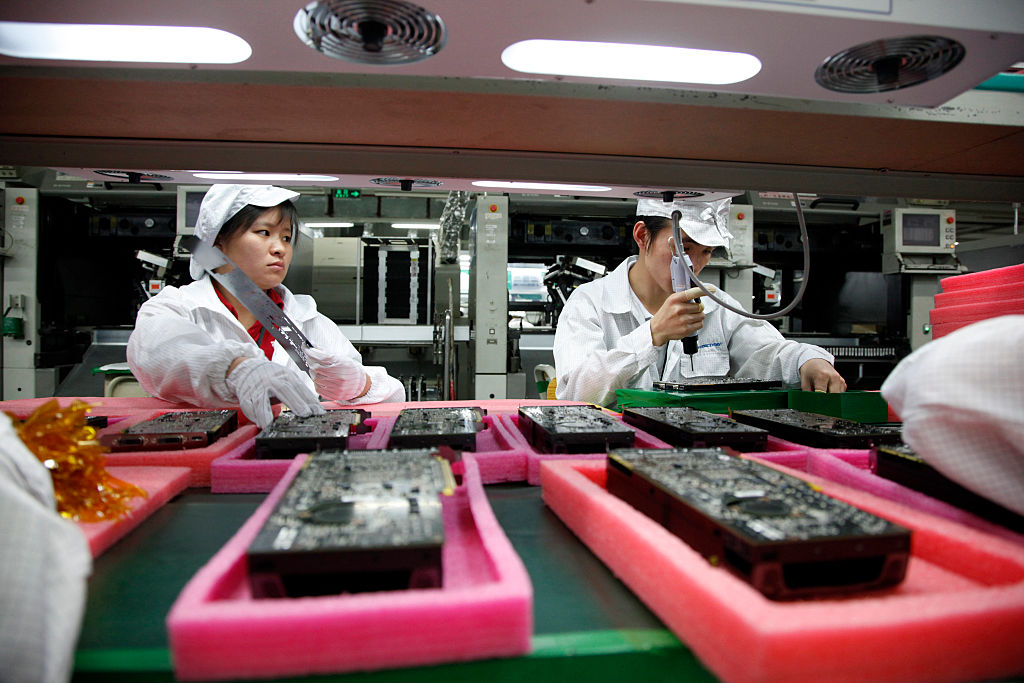
This development will provide domestic brands with locally-made chips, solving the problem of importing chips from the U.S. This solution is great for Chinese companies, but threatens the profitability of Apple’s iPhone.
Over the last few months, Apple has started to feel the striking revenue potential of its products in China.
Apple’s End of the Year Sales Were Down in China
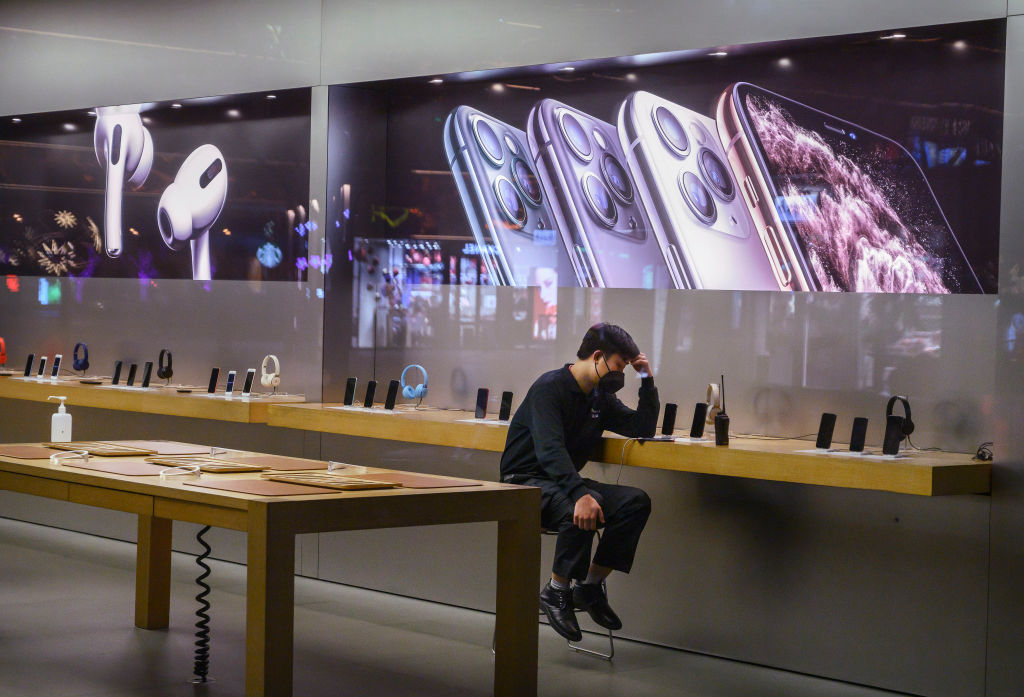
Apple has reported a two percent increase in global revenue in the final quarter of 2023, with sales rising to $119.6 billion. However, this reporting comes as Apple’s sales start to slow down in China.
Apple reported a 13 percent decline in revenue in the Greater China region, according to Business Insider.
Why Does China Matter to Apple

This slowdown can occur immediately after the release of the iPhone 15, the latest generation of smartphone from the company. While sales were decent in the U.S., the slow sales in China was a sign that one of the biggest consumer markets was getting tougher.
With a population of 1.4 billion, China boasts one of the world’s largest consumer market. And with a growing middle class, the increase in disposable income and demand for diverse products and services should be a gold mine for Apple. So, why is it not?
China’s Consumer Appetite Has Changed

Since the COVID-10 pandemic, the consumer appetite in China has decreased. According to BI, China’s consumer price index has fallen for the third month in a row at the end of 2023.
As China’s consumers are looking to make their money count, Apple’s sales declined. But that wasn’t the only reason why Apple’s sales were low.
Chinese Smartphone Makers Are Challenging Apple’s iPhone
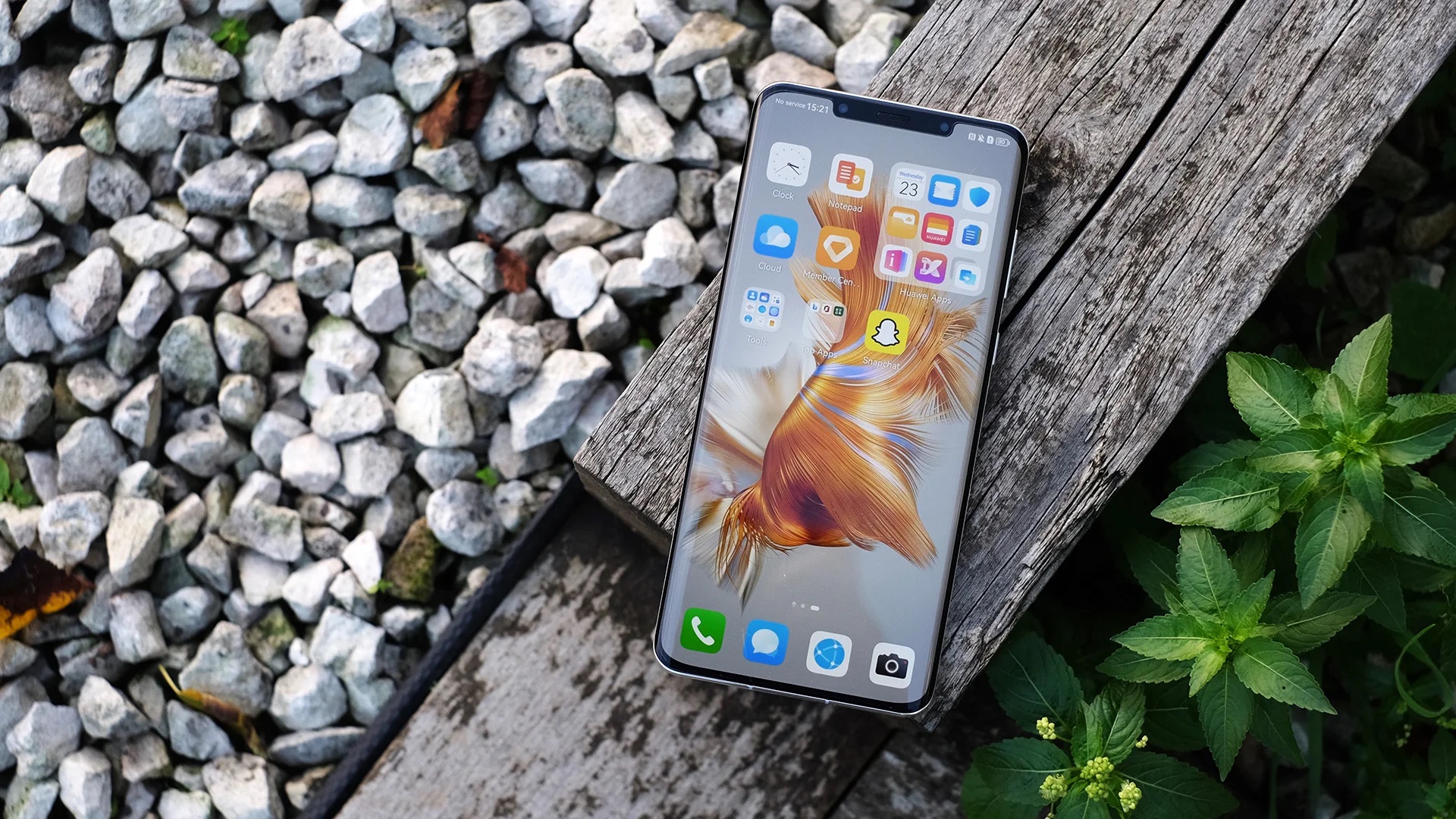
There has been a resurgent interest in gadgets made in the country. For example, Huawei’s August release of the Mate 60 Pro, which is a Chinese smartphone with a tiny 7-nanometer chip made in China, sold extremely well.
The high speed impressed consumers and helped Huawei see a record increase in sales by 36 percent in the final quarter of the year.
How Can Apple Stay On Top?
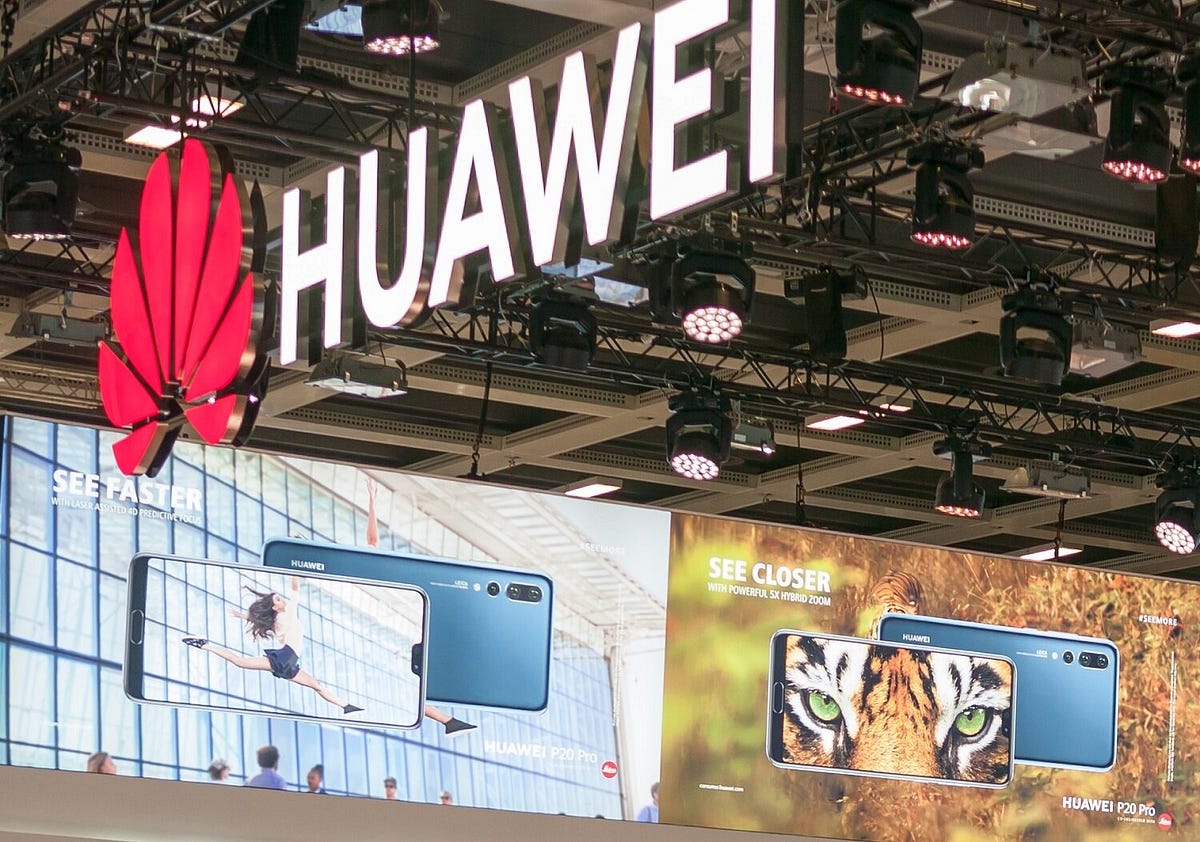
While Apple was still the top-selling smartphone in China last year, the tides are shifting. Can Apple stay afloat if China’s chip plan proves to be a successful and vital option for Chinese smartphone makers?
Right now, it looks like Apple might be in trouble if it can’t find a way to appeal to the Chinese market.
SMIC Is Making Chips That Rival Apple’s
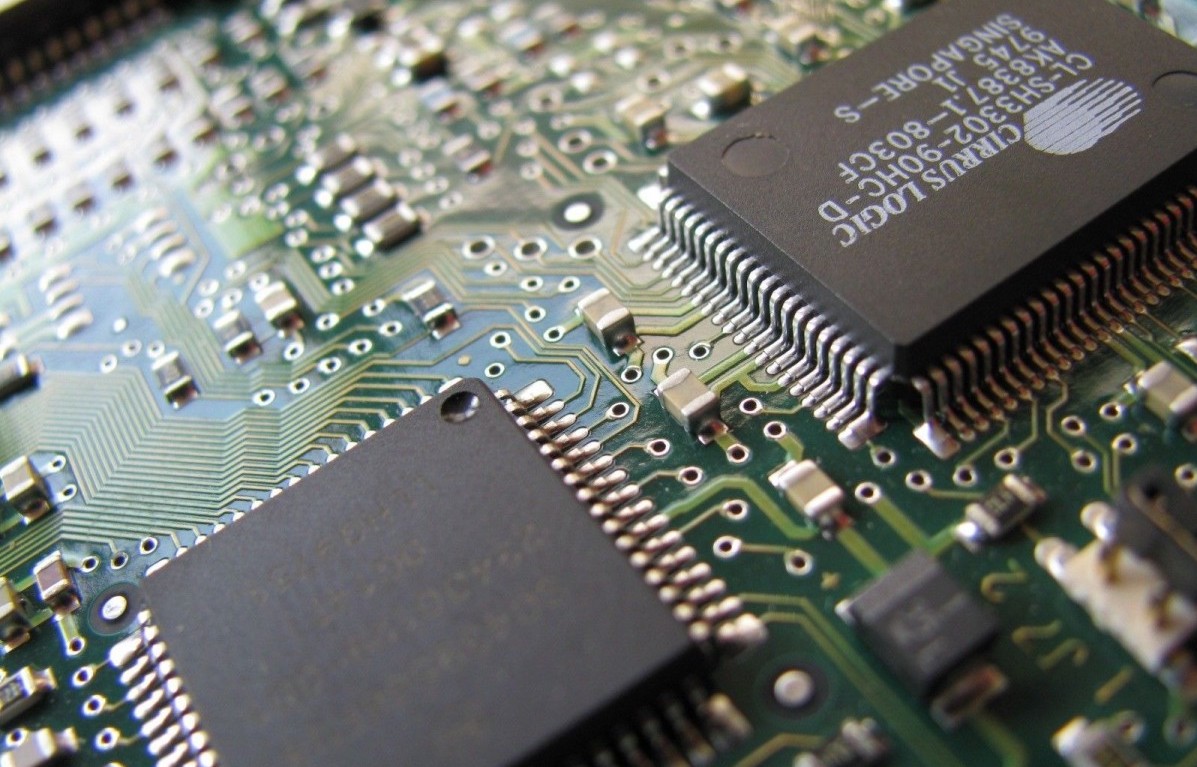
The FT reported (via BI) that SMIC might be looking to produce 5-nanometer chips, rivaling the already fairly advanced 7-nanometer chips in Huawei Mate 60 Pro. For comparison, Apple iPhone 15 has a 4-nanometer chip and a 5-core GPU.
If SMIC can produce a 5-nanometer chip in 2024, then Apple might lose its title of best-selling smartphone in China very quickly.
Apple Is Aware of the Challenge

Apple is aware of this threat. Actually, the company has been aware of this growing threat to their revenue for a while. Apple CEO Tim Cook made two visits to China, including a surprise visit in October during sales struggles.
In the first 17 days of the iPhone 15’s release, sales were down 4.5 percent compared to the sales of the iPhone 14 the year before (via Counterpoint Research).
Other Issues for Apple in China
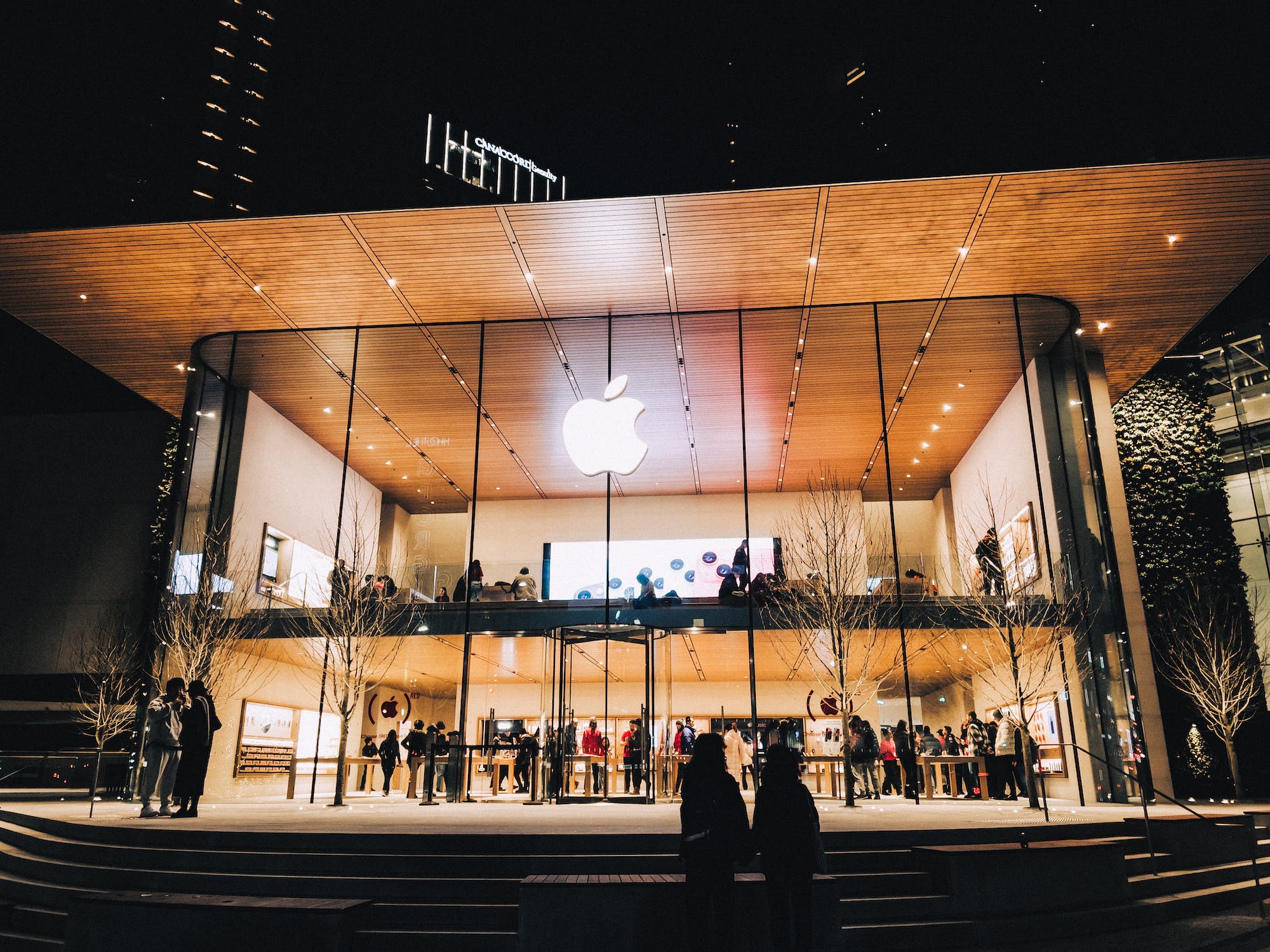
Apple is also suffering from rumors. Last year, reports emerged that Beijing had banned the use of iPhones by government officials. While the Chinese government denied these reports, Apple suffered a $200 billion loss in market capitalization.
The rising tensions in China have Apple trying to find what they need to do next to secure their place as one of the largest consumer market in the world.
